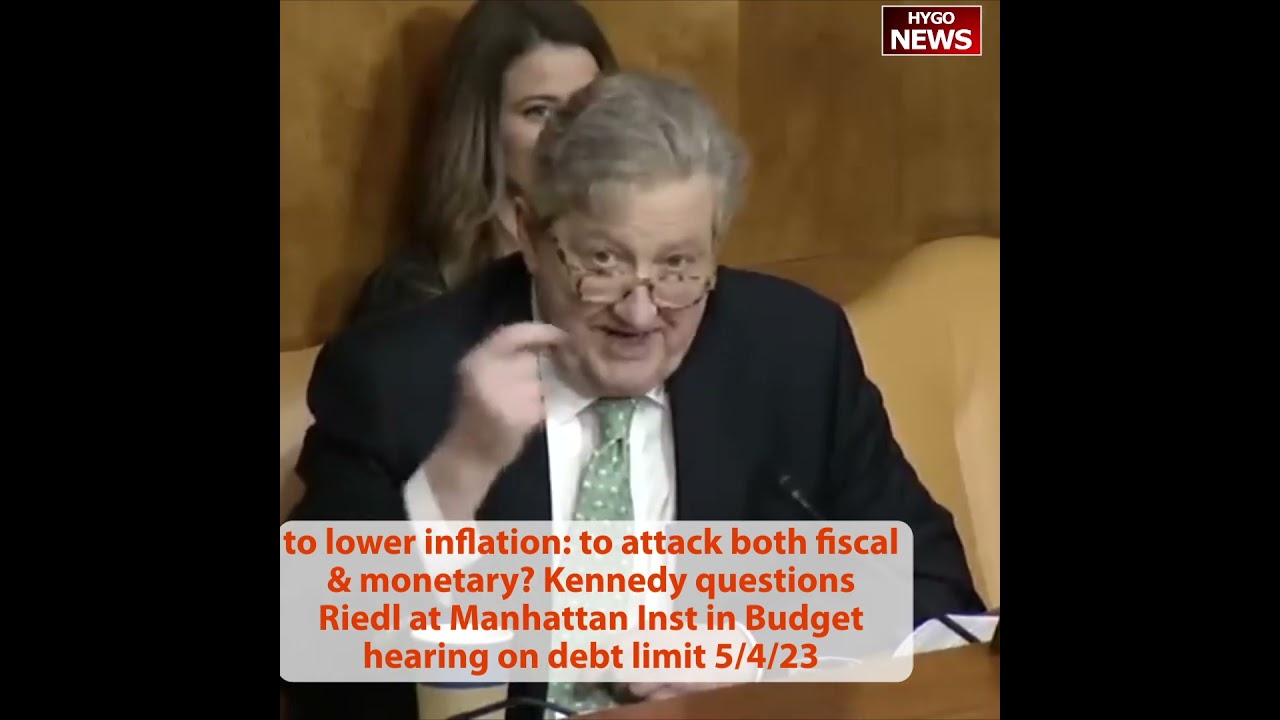#shorts Kennedy: Now, can we agree that the best way to get inflation down is to attack it on the fiscal side and the monetary side?
Riedl: Absolutely, we can agree on that.
Kennedy: Well, bringing the economy into a recession.
Riedl: Okay, we can agree on that.
Kennedy: And when you attack it on the monetary side, the Federal Reserve raises interest rates. It’s trying to slow the economy. It doesn’t want to, but the way you measure the slowing of the economy is the unemployment rate. When you attack it on the fiscal side, you reduce your rate of growth of spending and debt accumulation. Did I describe that right?
Riedl: You did.
Kennedy: So, is it not the case that if you vote against slowing the rate of growth of spending and debt accumulation, you’re voting to raise interest rates even higher, are you not?
Riedl: Generally, I would agree with that approach, with that viewpoint.
Kennedy: Yeah, I mean, that’s just basic economics 101, right?
Riedl: Right, the Federal Reserve’s tool,
Kennedy: I mean, that’s something, yeah.
On 5/4/2023, The United States Senate Committee on the Budget held a hearing on the Republican debt limit bill passed in the House. Witnesses include Mark Zandi, Chief Economist at Moody’s Analytics; Abigail Ross Hopper, President and CEO of Solar Energy Industries Associations; Brian Riedl, Senior Fellow at Manhattan Institute. They testified before the Senate Budget Committee as the panel holds a hearing on the Republican proposal to address the debt limit, which passed in the House last week, at the Capitol in Washington.
other clips of this published longer video is here: https://youtu.be/zTAfR-eN00I
To lower inflation: to attack both fiscal & monetary? Reduce your rate of growth of spending?

